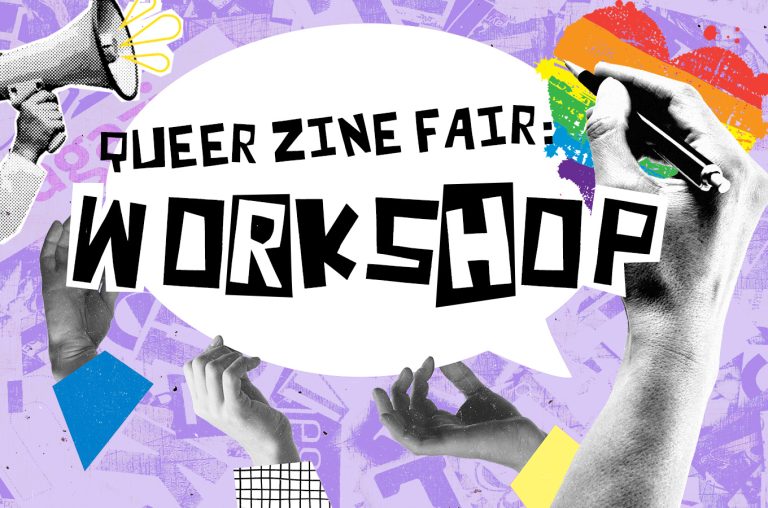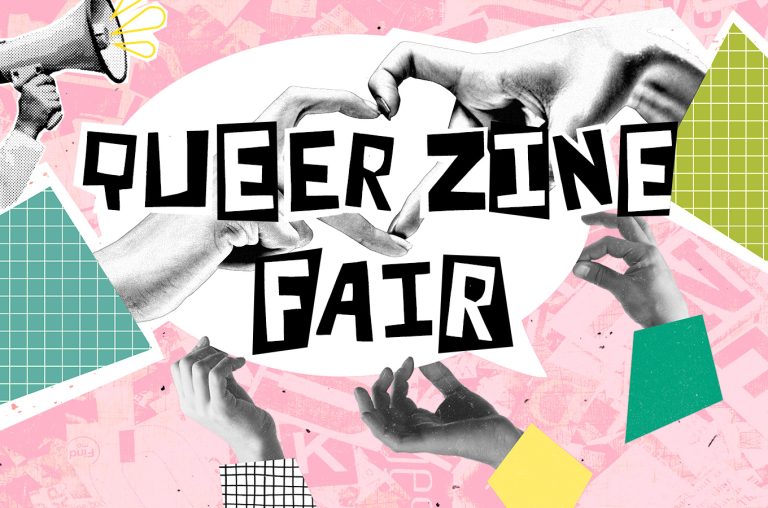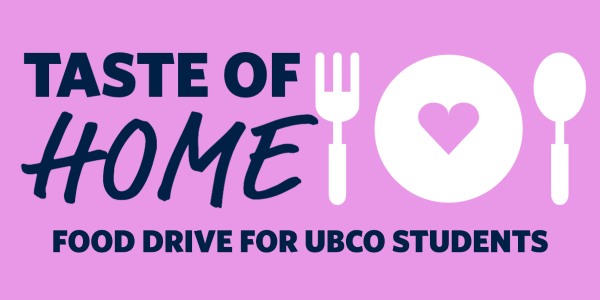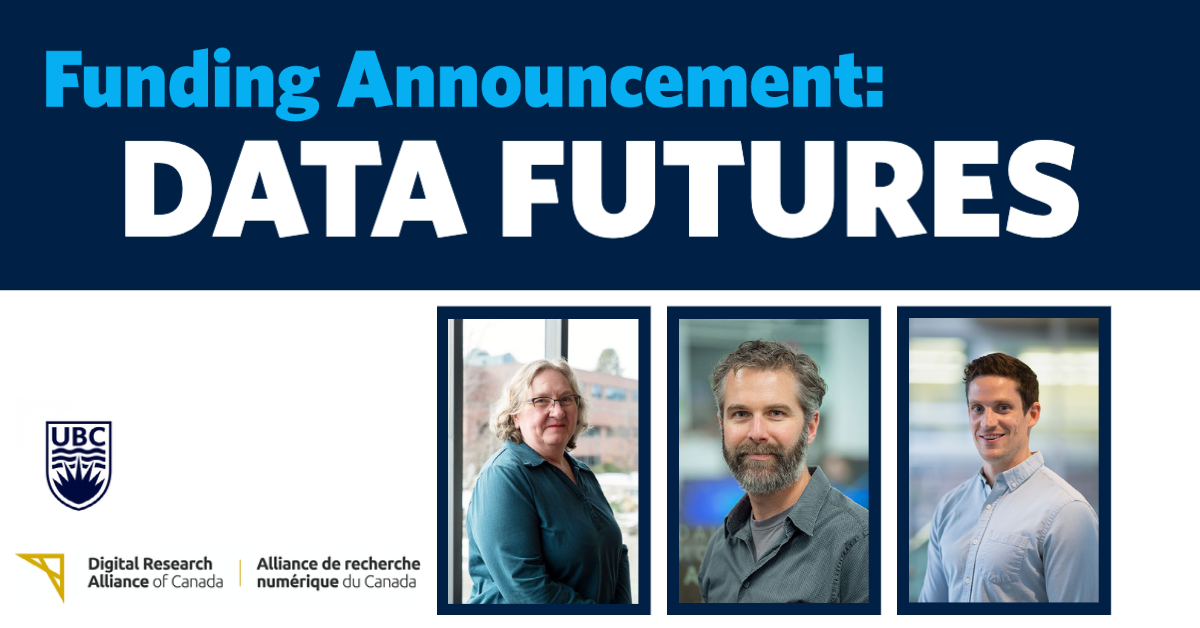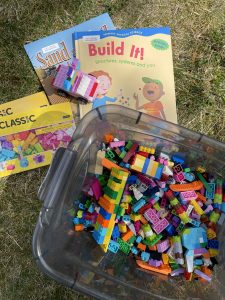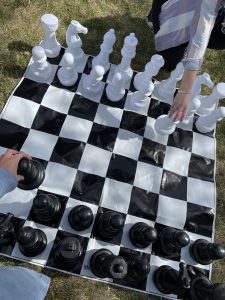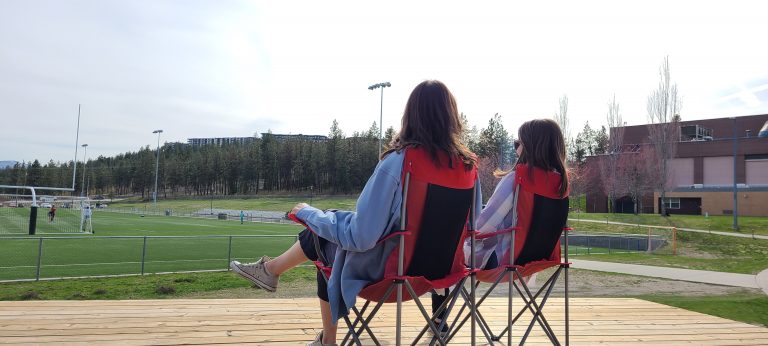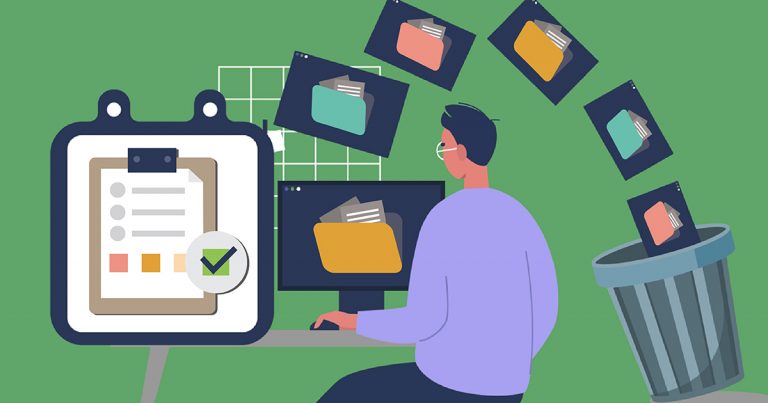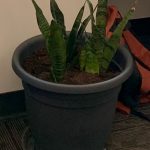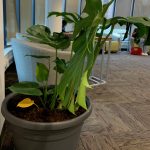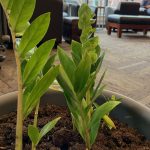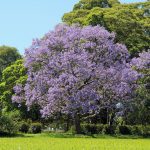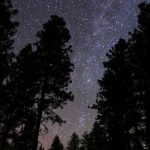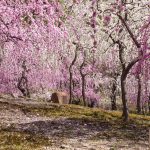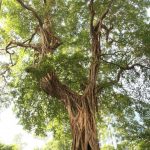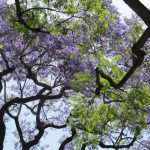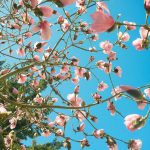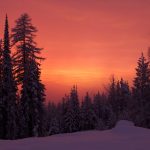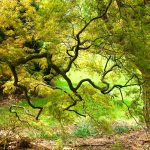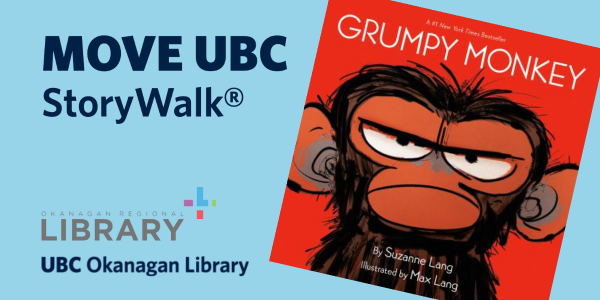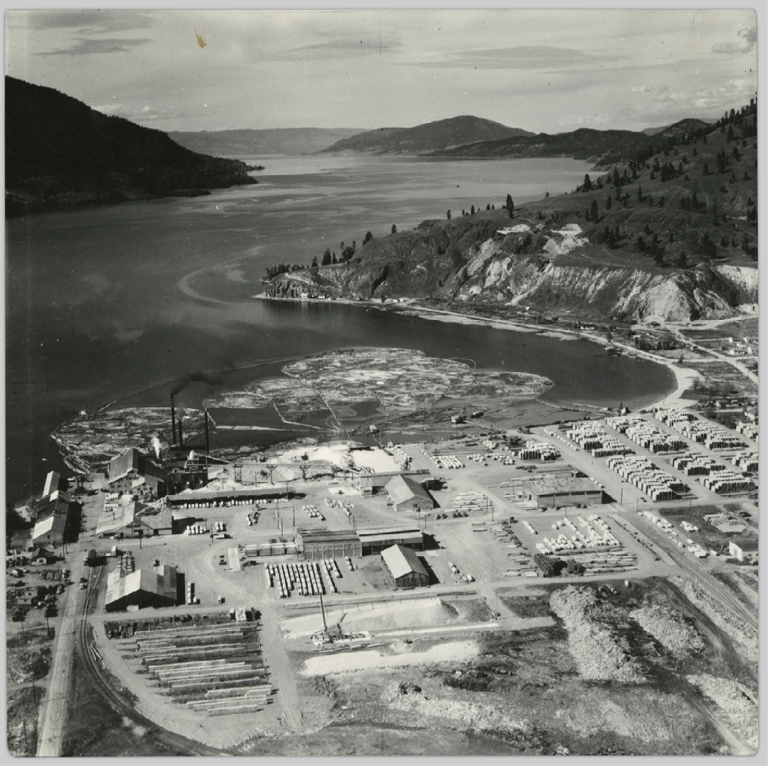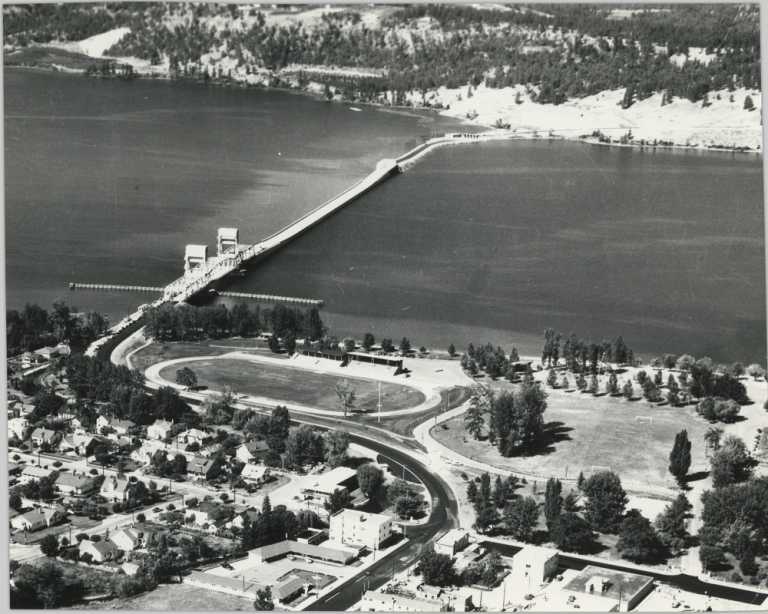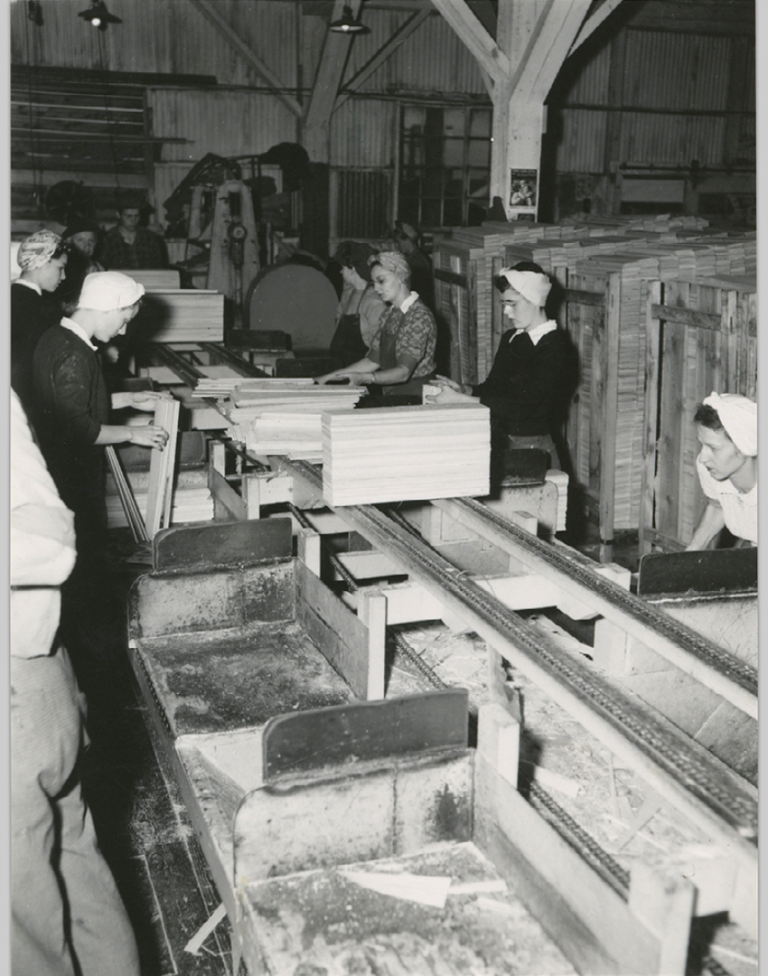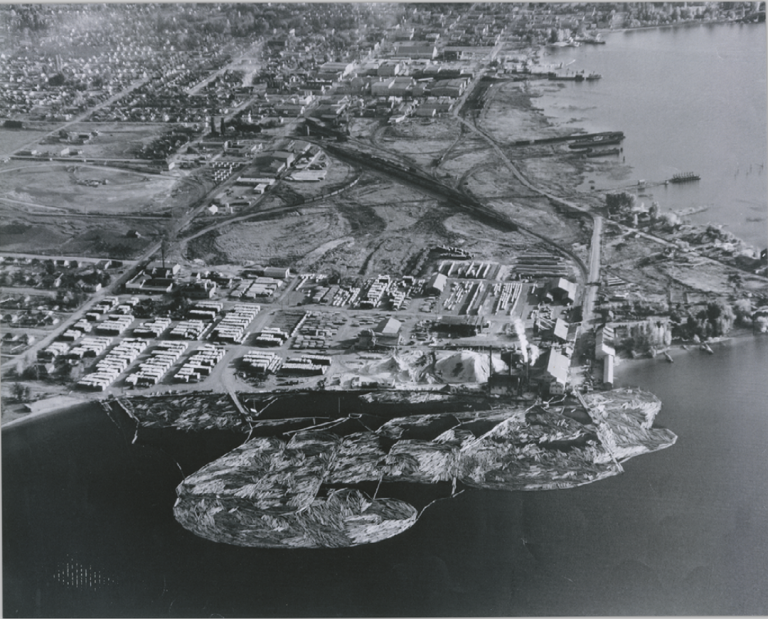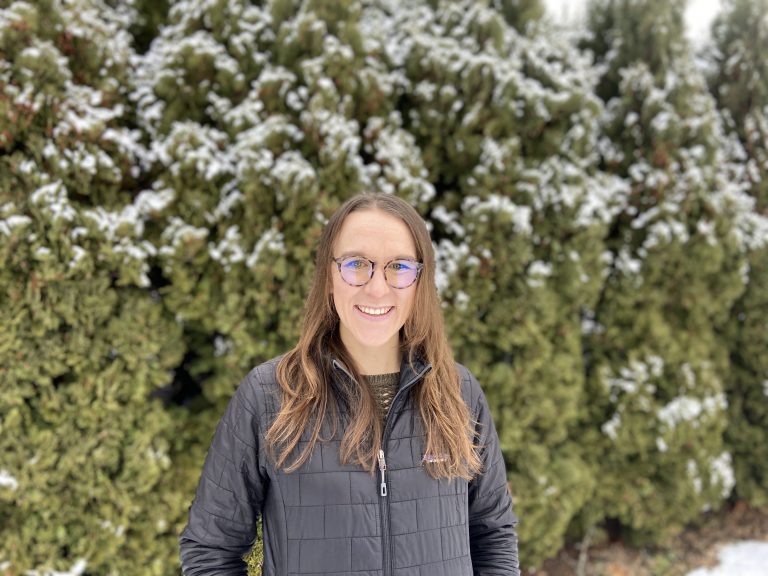
The Sharron Simpson Family Community Engagement Endowment Fund supports experiential learning opportunities at UBC Okanagan Library that establish and enhance impactful university-community relationships with an emphasis on raising awareness of public history and regional identity. Successful applicants work with community partners and university mentors on their proposed project while gaining valuable skills in collaboration, secondary research, project management, and knowledge dissemination.
This year, Sarah Craven’s project, “Cultivating Perspectives through Okanagan Literature,” was awarded funding. In partnership with the Okanagan Regional Library (ORL), Craven proposes to use the funds to purchase books by Okanagan authors for book club kits, which can then be made available to community book clubs through the ORL.
“The ability to easily access books by Okanagan authors at zero-cost will help community book clubs build knowledge and cultural competency about Okanagan history and identities,” says Craven, who volunteers with Kelowna Inclusive as the leader of their book club, Perspectives.
She also hopes to hold author talks by the Okanagan authors of the books at ORL branch locations. “The author talks are a platform for gathering community together to dive deeper into the stories the author has created and explore how regional history and identity influenced their writing.”
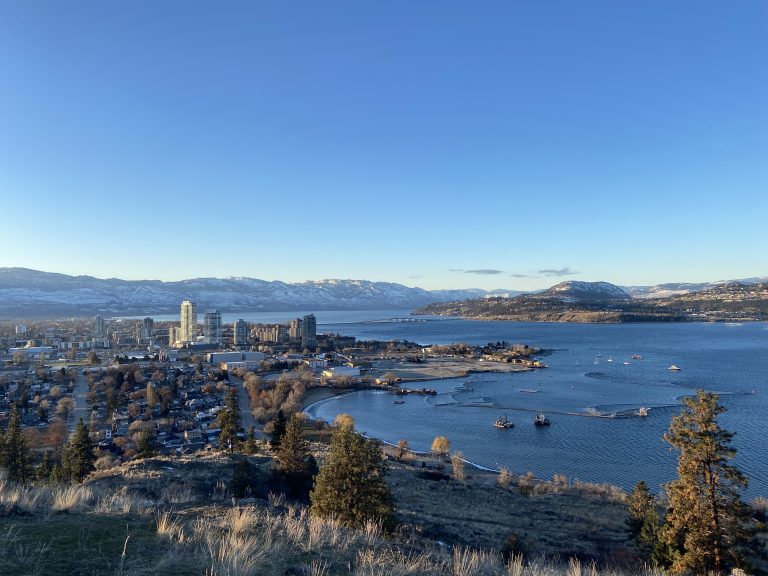
Sarah Craven is a graduate student at UBC Okanagan in the School of Health and Exercise Science pursuing a health research career. Her interest in this project comes from the importance she places on inclusivity, diversity, equity, and accessibility (IDEA) principles. “Community book clubs are an excellent avenue for advancing IDEA by cultivating safe environments for inclusive knowledge sharing and exploring new perspectives,” says Craven.
Learn more about the Sharron Simpson Family Community Engagement Endowment Fund and the projects funded in the past.
Learn more about Sarah Craven’s research:
Article: Sarah Craven is learning valuable research and career skills

